The freelance world is evolving and the nature of work is changing. With numerous platforms available, choosing the right one is essential to setting yourself up for success. This article will guide you through the best freelancing platforms in 2024, helping you make an informed decision that aligns with your skills and career goals.
In this guide, You’ll explore general freelancing platforms, niche-specific platforms, and remote job platforms.
Best General Freelancing Platforms
1. Upwork
Upwork is one of the most popular freelancing platforms, offering various job opportunities across various industries, including writing, design, programming, and marketing.
Key Features
Job Categories: Extensive range of job categories to suit different skills.
Payment Protection: A secure payment system ensures freelancers get paid for their work.
Client Reviews: Enables freelancers to build a reputation through client feedback.
Pros and Cons
Pros: Large user base, Variety of job opportunities, Secure payment system
Cons: High competition, Fees on earnings
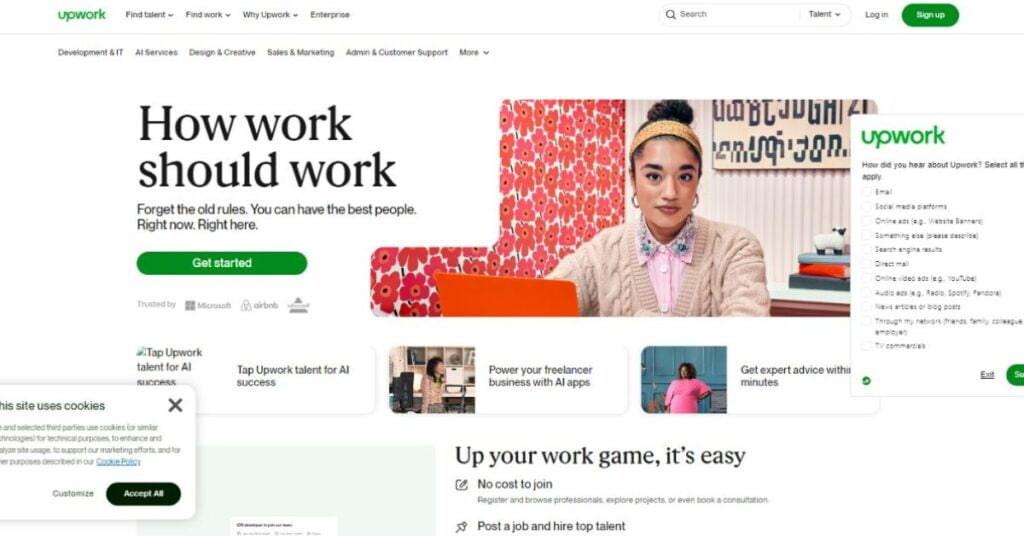
2. Fiverr
Fiverr is a unique platform where freelancers offer services (referred to as “gigs”) starting at $5. It’s ideal for beginners looking to build their portfolio and gain experience.
Key Features
Service Listings: Freelancers create service listings and set their own prices.
Buyer Requests: Clients post job requests that freelancers can respond to.
Gig Packages: Option to offer different service packages(Basic, Standard, and Premium) at varying price points.
Pros and Cons
Pros: Easy to get started, Flexible pricing, Wide range of job categories
Cons: High competition, Platform fees

3. Freelancer.com
Freelancer.com connects freelancers with clients seeking various services, from programming to design. It offers both project-based and contest-based job opportunities.
Key Features
Project Bidding: Freelancers bid on projects posted by clients.
Contests: Participate in contests to win projects and build your portfolio.
Milestone Payments: Secure payment system with milestone options.
Pros and Cons
Pros: Diverse job categories, Opportunities to build a portfolio through contests, Secure payment system
Cons: High competition, Fees on earnings, Scam jobs
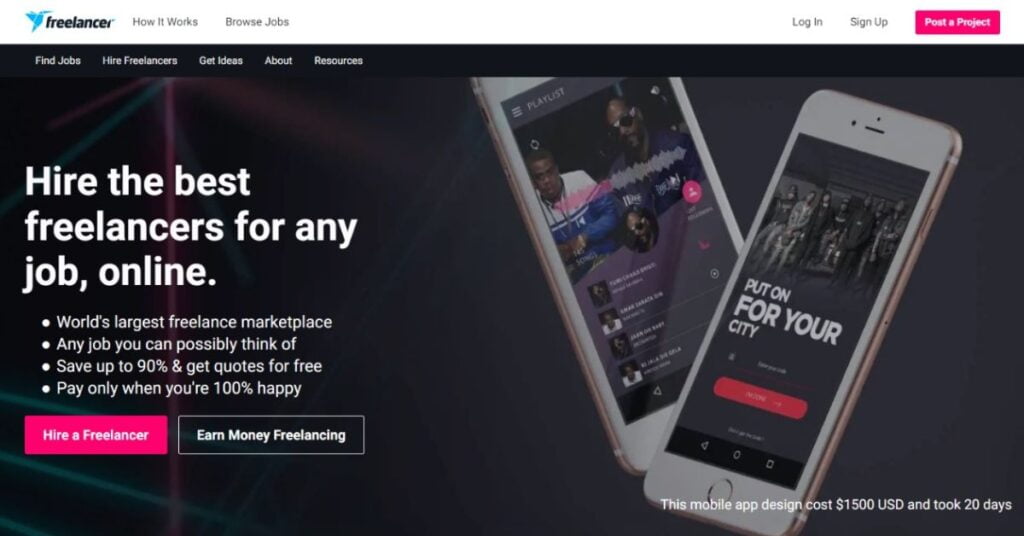
Best Niche Freelancing Platforms
1. Toptal (For Developers and Designers)
Toptal is a platform that connects top-tier freelancers in software development, design, product and project management, marketing, and finance with clients who require their expertise.
Key Features
Vetting Process: A rigorous screening process ensures only top talent is accepted.
High-Quality Clients: Access to high-paying clients and projects.
Community: Access to a network of top professionals and resources.
Pros and Cons
Pros: High-quality clients, Competitive pay, Strong community support
Cons: Difficult to get accepted, High expectations

2. Behance (For Creative Professionals)
Behance is a platform for creative professionals, including designers, illustrators, and photographers, to showcase their portfolios and connect with clients.
Key Features
Portfolio Display: Create and display a professional portfolio.
Networking: Connect with other creatives and potential clients.
Job Listings: Access to job listings specifically for creative professionals.
Pros and Cons
Pros: Great for showcasing work, Networking opportunities, and Targeted job listings
Cons: Limited to creative fields, Competition for attention
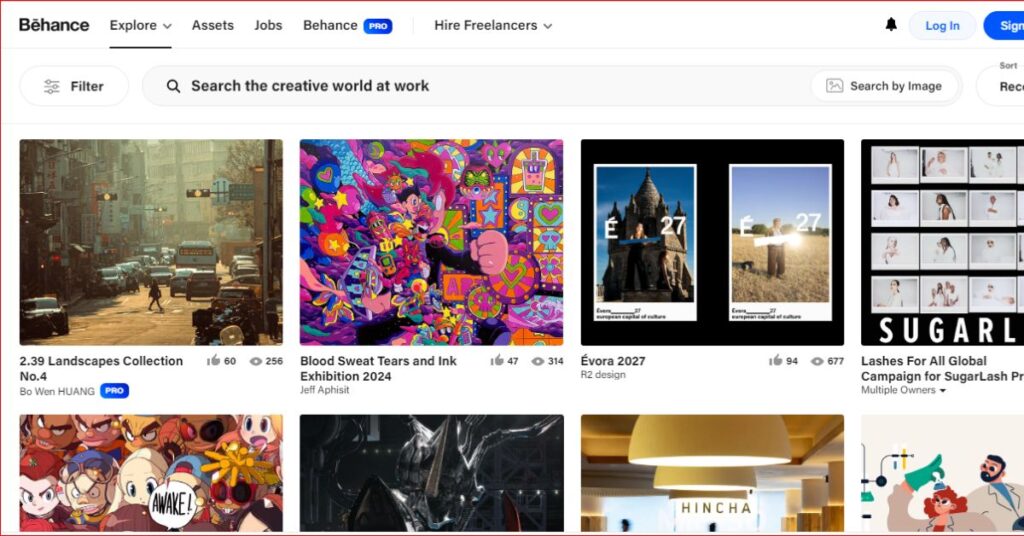
3. WriterAccess (For Writers)
WriterAccess is a platform dedicated to writers, including content creators, copywriters, and editors. It connects writers with clients needing high-quality written content.
Key Features
Content Orders: Receive direct orders from clients or apply for casting calls.
Writer Levels: Different levels based on experience and client ratings.
Training Resources: Access to webinars, courses, and other training materials.
Pros and Cons
Pros: Focused on writing jobs, Training resources, Clear writer levels
Cons: Requires approval to join, Competitive for high-paying gigs

Best Platforms for Remote Work Jobs
1. WeWorkRemotely
WeWorkRemotely is a job board specializing in remote work opportunities across various industries, such as tech, marketing, and customer support.
Key Features
Remote Jobs Only: Exclusively lists remote job opportunities.
Job Categories: Wide range of job categories and industries.
Company Profiles: Detailed company profiles and job descriptions.
Pros and Cons
Pros: Focus on remote work, Diverse job categories, Reputable companies
Cons: High competition for popular roles, Some jobs may require experience
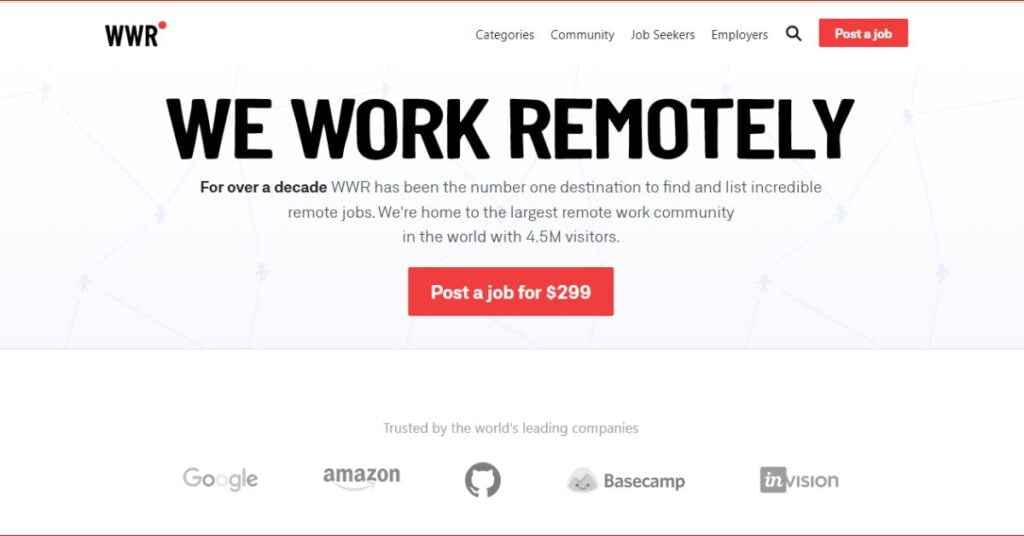
2. Remote.co
Remote.co is a platform dedicated to helping companies and individuals thrive in remote work environments. It offers job listings, remote work resources, and company profiles.
Key Features
Remote Job Listings: Curated list of remote job opportunities.
Expert Advice: Articles, interviews, and resources on remote work.
Company Profiles: Detailed profiles of companies hiring remotely.
Pros and Cons
Pros: Extensive remote work resources, Curated job listings, Community support
Cons: May require experience, High competition
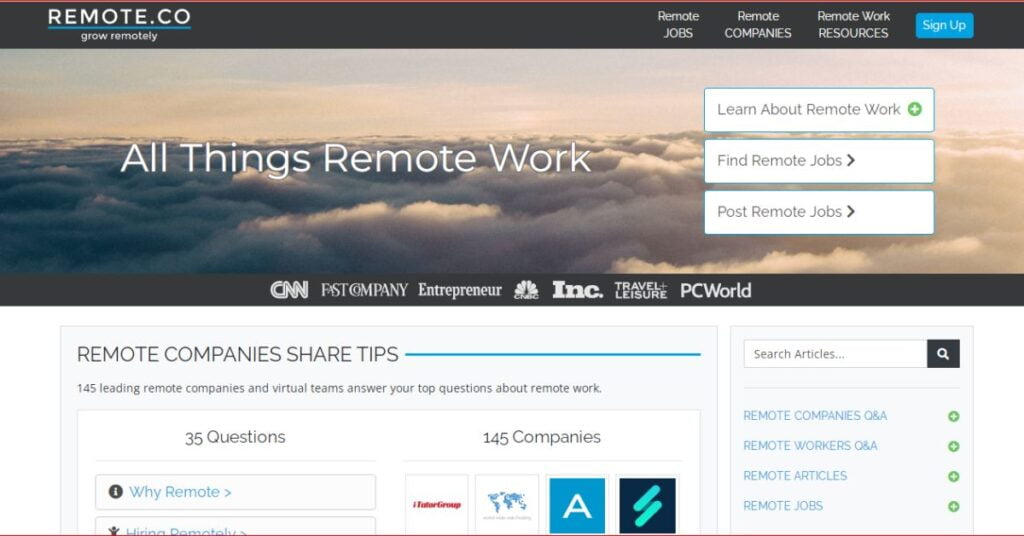
3. FlexJobs
FlexJobs is a job board focusing on flexible work opportunities, including remote, part-time, and freelance jobs across various industries.
Key Features
Flexible Jobs: Listings for remote, part-time, and freelance positions.
Company Research: In-depth profiles and research on hiring companies.
Career Resources: Access to career coaching, resume reviews, and webinars.
Pros and Cons
Pros: Focus on flexible work, Extensive company research, Career support resources
Cons: Membership fee, High competition
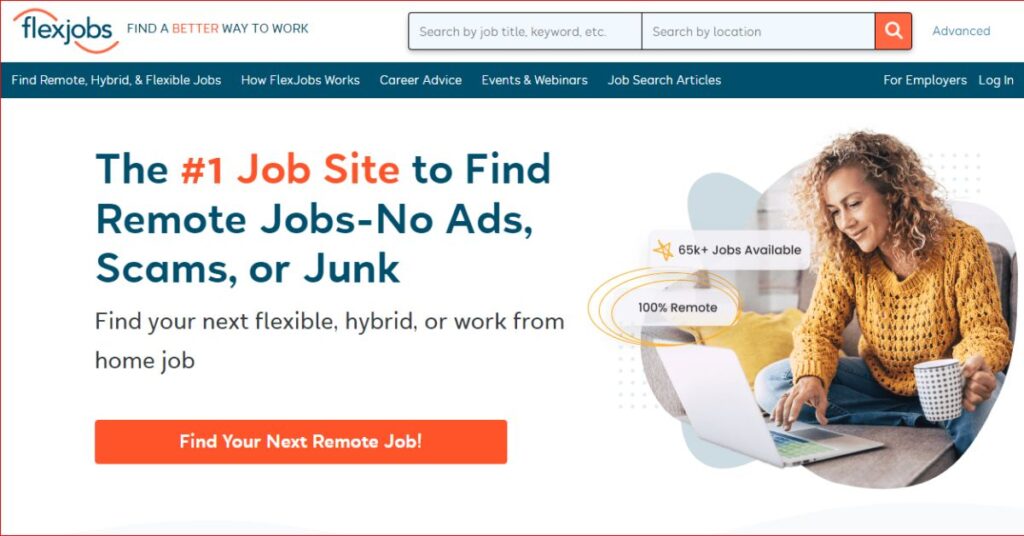
Conclusion
In conclusion, Choosing the right freelancing platform is essential for those looking to establish themselves in the freelancing world. Platforms like Upwork, Fiverr, and Freelancer.com offer a wide range of opportunities, while niche platforms like Toptal, Behance, and WriterAccess cater to specific industries. Remote work platforms such as WeWorkRemotely, Remote.co, and FlexJobs provide additional options for flexible work.
FAQ’S
The best freelancing platforms in 2024 include Upwork and Fiverr which are excellent choices for general freelancing due to their wide range of opportunities and user-friendly interfaces. For niche fields, consider platforms like Toptal for developers and designers, Behance for creative professionals, and WriterAccess for writers.
To choose the right freelancing platform, consider the following factors:
Your Skills: Match your skills with the platform’s focus.
Reputation: Choose a platform with positive reviews and credibility.
Fees: Be aware of any fees or commissions the platform charges.
Support: Look for platforms that offer good customer support and resources for freelancers.
Yes, you can join multiple freelancing platforms to increase your chances of finding work. However, managing profiles on multiple platforms can be time-consuming, so it’s essential to stay organized and ensure you can maintain a high standard of work across all platforms.
Common challenges include:
High Competition: Many freelancers applying for the same jobs can make it difficult to stand out.
Building a Reputation: Gaining positive reviews and building a solid reputation takes time.
Managing Finances: Understanding platform fees and managing earnings can be tricky.
Client Communication: Effective communication with clients is important to avoid misunderstandings and ensure project success.



